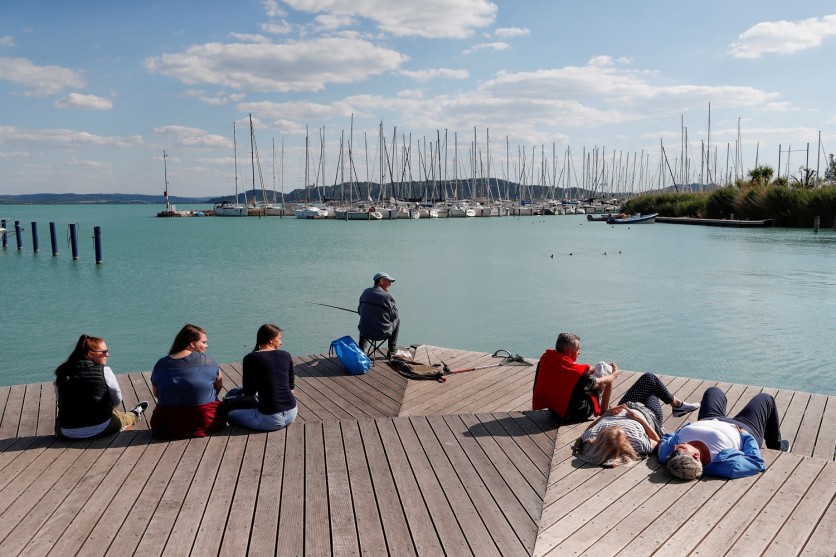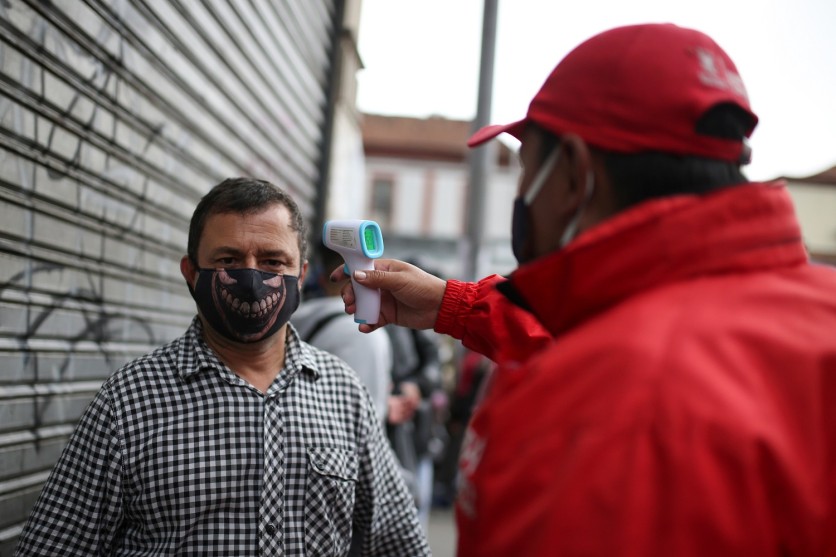The United Kingdom health officials are revisiting the use of vitamin D in COVID-19 treatment and prevention. Studies suggest that COVID-19 victims are far more likely to die if they lack Vitamin D.
In a Daily Mail report, researchers from the Anglia Ruskin University in Cambridge found that European countries with lower vitamin D levels have had higher coronavirus cases.
According to the study, 20% of British adults, about 17% of children lack vitamin D because of indoor lifestyles, poor diets, and lack of sunshine. And health experts fear that this will worsen as people are confined at home for during the months of lockdown.

"It has been shown to protect against acute respiratory infections, and older adults, the group most deficient in vitamin D, are also the ones most seriously affected by Covid-19," said lead researcher Dr. Lee Smith.
Also, some ethnic groups and older people are at higher risk because their skin cannot produce enough vitamin D from sunlight.
With positive study results, the Public Health England and NICE are currently collaborating on the review and have orders the Scientific Advisory Committee on Nutrition to carry out a separate report on whether vitamin D lowers the risk of COVID-19.
"NICE is working on a rapid evidence summary on vitamin D in the context of COVID-19 with support from Public Health England. This report will be published in due course," said a Public Health England (PHE) spokesman.
Vitamin D as a cheaper COVID-19 cure
In April, the PHE advised the public to take Vitamin D supplements, which are extremely cheap.
An ongoing trial led by Professor Adrian Martineau of Queen Mary University in London looks at how lifestyle factors affect the risk of contracting the virus. Researchers are also investigating how vitamin D levels play in the process. He said that Vitamin D is regarded as "a designer drug for helping the body to handle viral respiratory infections."
"It boosts the ability of cells to kill and resist viruses and simultaneously dampens down harmful inflammation, which is one of the big problems with COVID," Martineau told The Guardian.
Last month, British Medical Journal published a review from the University of Surrey that suggested vitamin D should be part of a healthy lifestyle, although the vague evidence says it is not a magic pill.
Another study found 75% of people in hospitals, care homes, and similar institutions were severely vitamin D deficient while another study shows that those with low levels of the nutrient had a 98.9% mortality rate. This is far from just 4.1% for patients who have enough Vitamin D intake.
Meanwhile, taking too much Vitamin D can also be dangerous, while more than 100 micrograms should only be taken under medical supervision.
Vitamin D deficiency increases COVID-19 deaths for BAME residents
Members of non-white communities in the U.K. including black, Asian, and minority ethnic, also referred to as BAME, are said to be more susceptible to coronavirus because they are likely to have low levels of Vitamin D. This can be seen in the higher numbers of cases and deaths among the BAME communities.
Scientists are still looking at the exact cause, but they are certain it involves multiple complicated reasons, while some experts point at a lack of vitamin D.
Vitamin D may improve the immune system and increase the protection against severe coronavirus while the lack of it is linked to other respiratory viruses.

Dark-skin people need more sunlight to get the same amount of vitamin D as those with a lighter tone. Thus, the NHS suggests BAME people should take a daily supplement.
However, the largest study in the U.K. found no link between coronavirus, BAME, and vitamin D, although the University of Exeter Medical Statistics Professor William Henley said it is worth exploring.
"Preliminary research suggests vitamin D levels may also impact on the risk of people suffering from severe COVID-19 infections," Prof. Henley said.
This is particularly critical for U.K. residents in the U.K. and northern European latitudes where there is less sunlight. Vitamin D deficiency is also regarded as a public health concern in the U.K., where ultraviolet B radiation is weak during winter months.
'This is a particular concern for people with dark skin, such as those of African, African-Caribbean or South Asian origin, who will need to spend longer in the sun to produce the same amount of vitamin D as someone with lighter skin.'
ⓒ 2025 TECHTIMES.com All rights reserved. Do not reproduce without permission.




